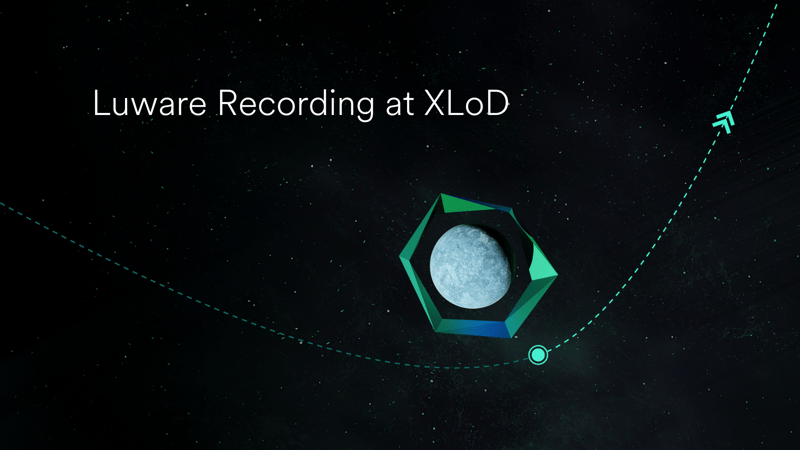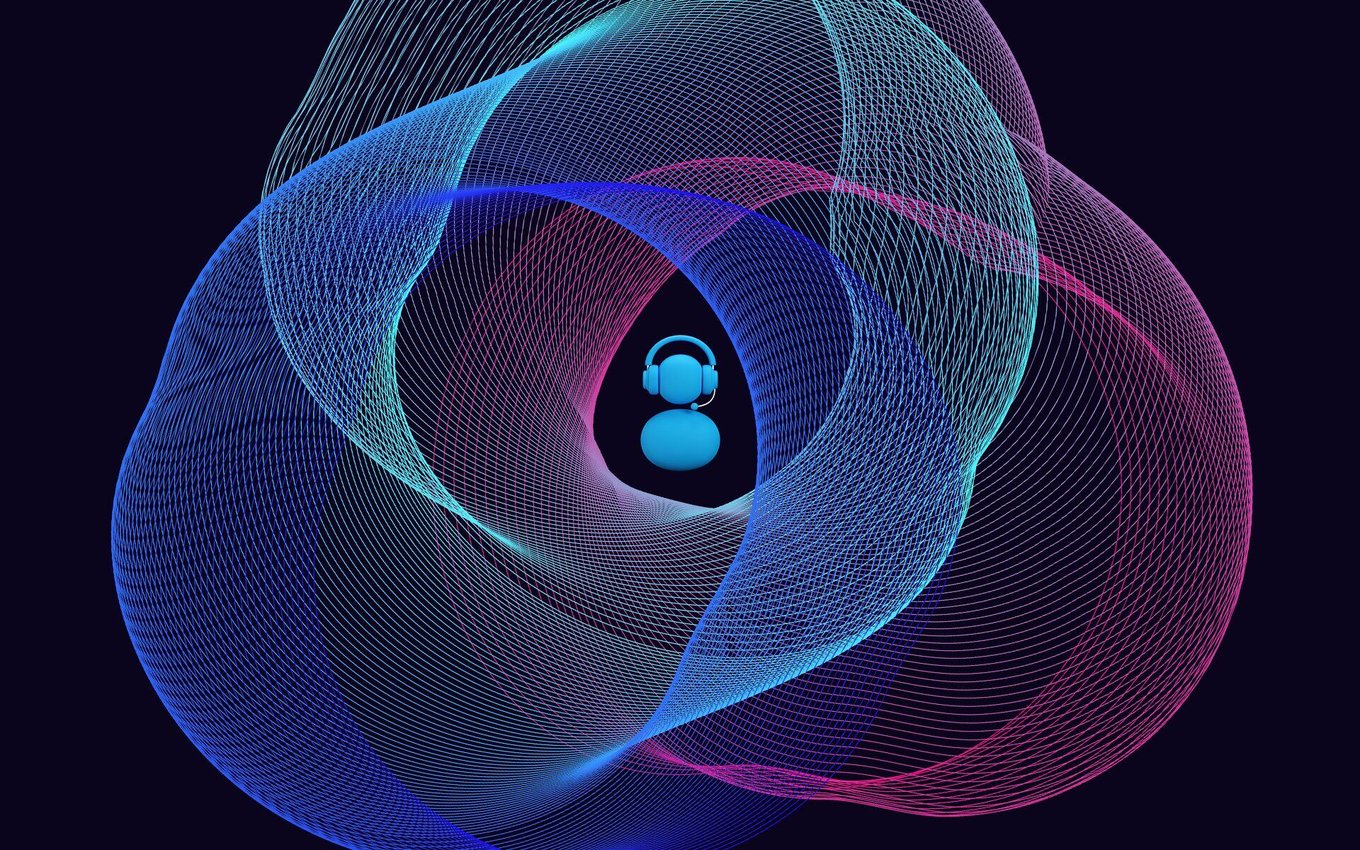In 2024 and beyond, organizations will seek to transition to efficient, AI-powered contact centers for personalized customer experiences, resource optimization, and increased ROI. However, a lack of expertise is preventing many from successfully harnessing this technology. Meanwhile, Microsoft, an AI leader with a reported $13 billion investment in OpenAI, presents an exciting opportunity for organizations with a clear Microsoft strategy. Through Microsoft Teams, they can take advantage of cutting-edge AI technology.
Microsoft is a Leader In Cloud AI Developer Services
Microsoft is currently the number one provider of AI cloud AI developer services, defined by Gartner as “cloud-hosted or containerized services that enable software developers who are not data science experts to use artificial intelligence (AI) models via APIs, software development kits (SDKs) or applications.” Organizations using Microsoft 365 can tap into Azure AI’s capabilities to create intelligent applications that transform contact center processes. This includes features such as document processing automation, language translation, and intelligent search. However, developing custom applications still requires a certain level of development expertise. For those who prefer not to redirect resources from core competencies but still want efficiency enhancements, Microsoft Copilot is the answer. This AI-driven chatbot is designed to empower teams directly within Microsoft Teams. By integrating the contact center into Teams, the platform is further enhanced with AI-powered bots that support your customer service.
Essential AI-Powered Contact Center Assistants
There are three main types of contact center assistants:
- Virtual Task Assistant: A virtual task assistant uses tools such as transcription and summarization to efficiently manage specific contact center tasks and streamline processes.
- Virtual Customer Assistant: A virtual customer assistant is a bot that obtains information from an internal knowledge base, for example, and uses it to answer simple or frequently asked customer questions.
- Virtual User Assistant: The virtual user assistant supports employees with tools such as keyword extraction, transcription, and summarization to effectively guide them through customer interactions or help them to wrap-up a call. Other examples could include intent analysis or sentiment analysis of a conversation.
Microsoft Teams contact center integrations leverage Microsoft Cognitive Services including natural language processing, text-to-speech and speech-to-text capabilities, automatic translation as well as advanced large language models such as Open AI GPT-4 to bring these contact center assistants to life. Organizations using Microsoft Teams can leverage these contact center integrations to cost-effectively bring AI to their contact center and increase ROI.






